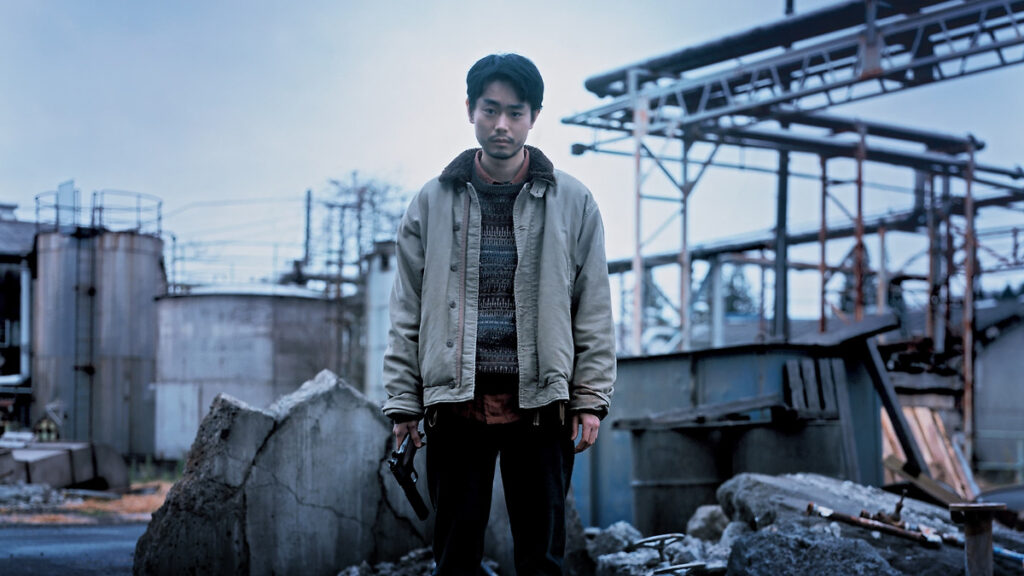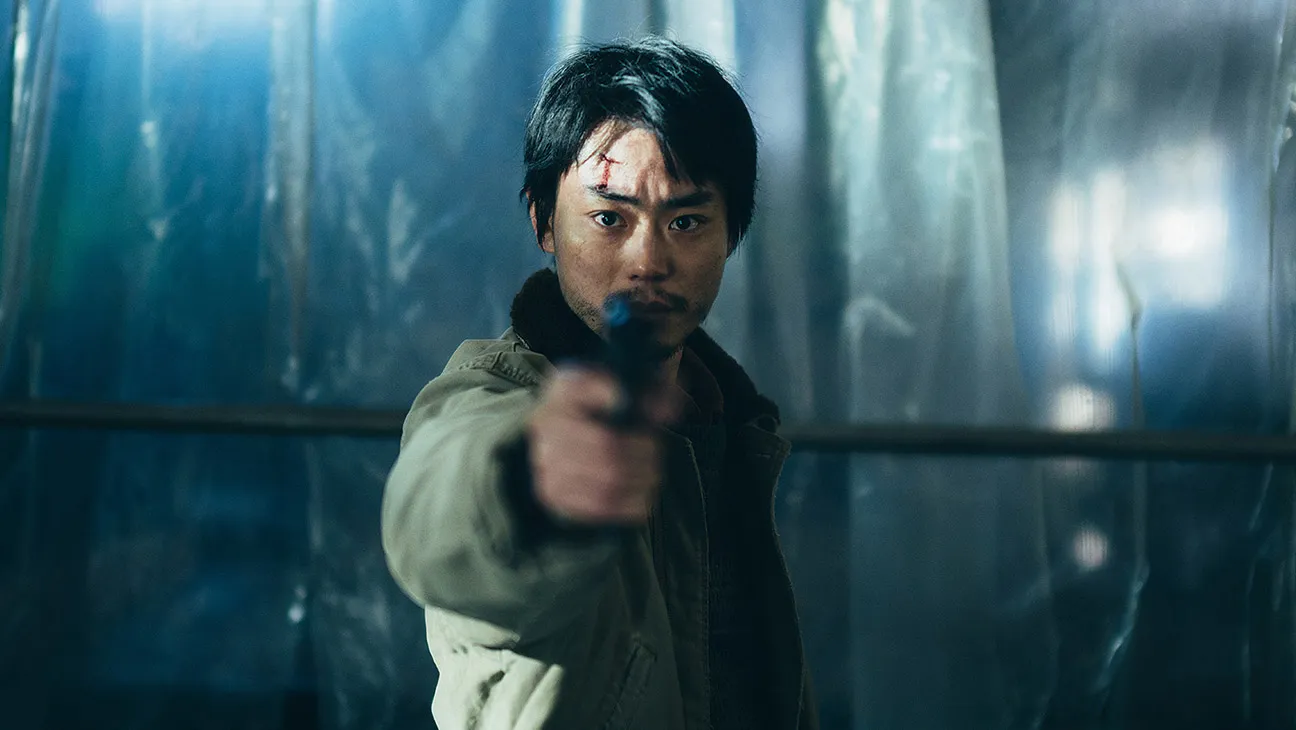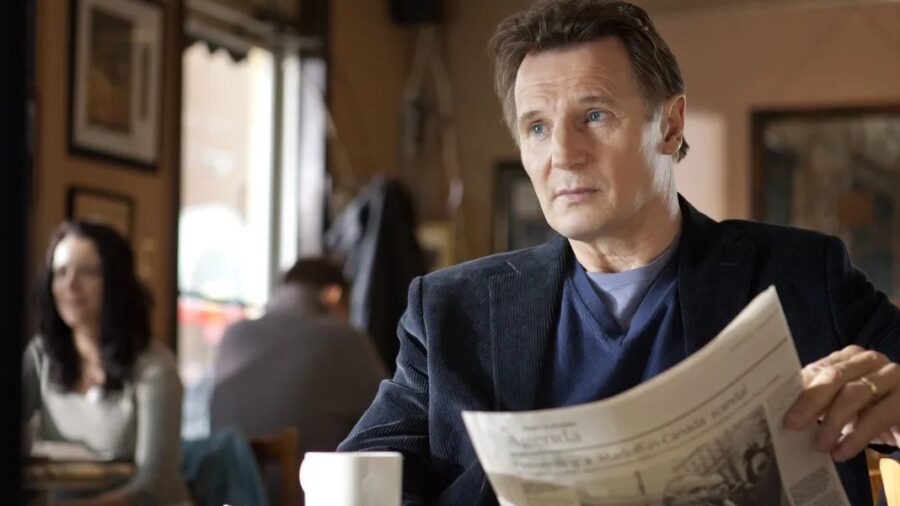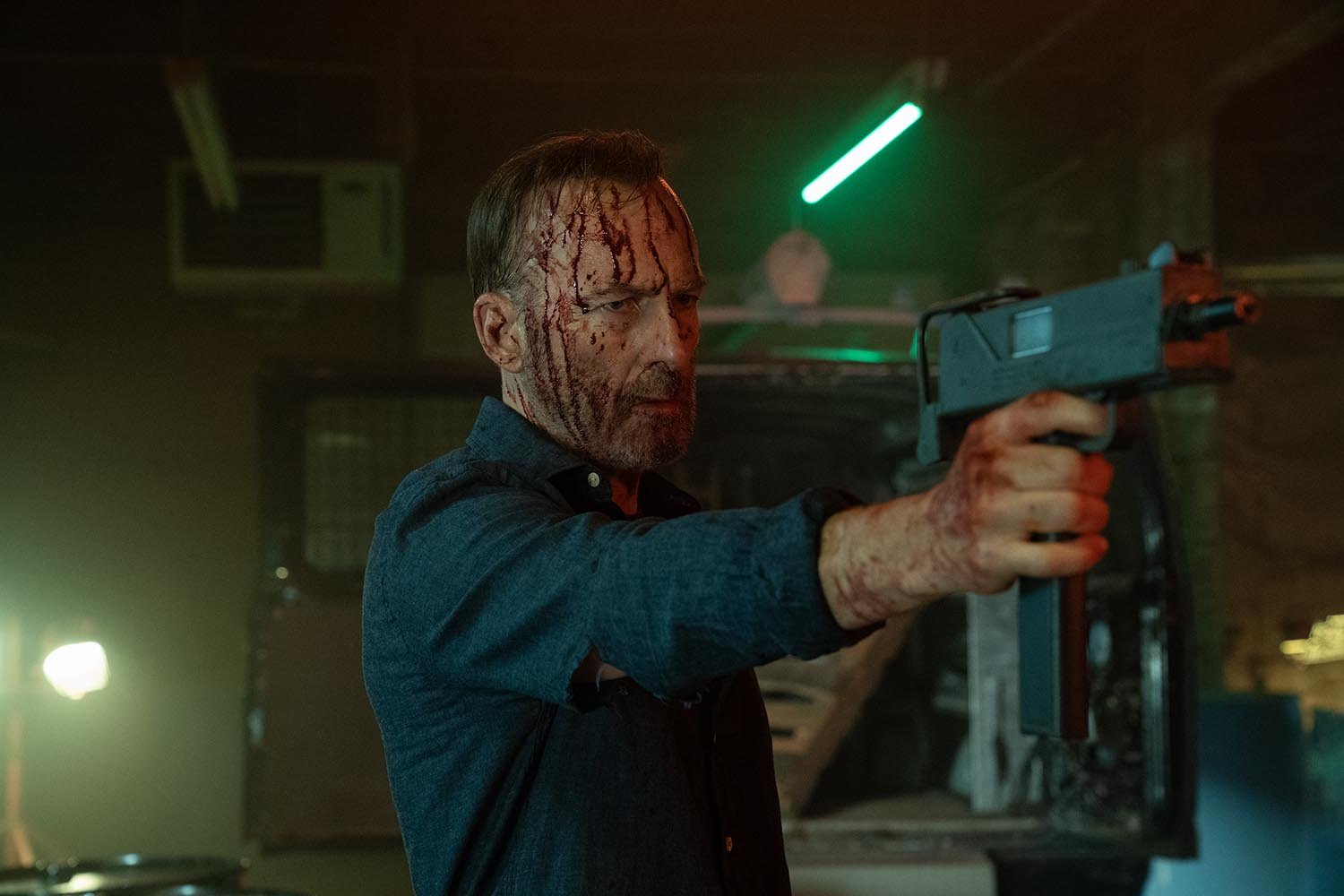In Cloud, celebrated Japanese filmmaker Kiyoshi Kurosawa returns with a dark and disturbing thriller that delves into the soul of modern ambition. Known for his psychological horror films, Kurosawa now explores a different kind of terror. The kind that hides behind business plans, digital platforms, and the everyday grind of getting ahead. With Cloud, he shows how the pursuit of success in today’s hyper-connected world can slowly and quietly rot a person from the inside.
The story centers on Yoshii (Masaki Suda), a factory worker who decides that a stable, traditional life isn’t for him. Offered a promotion by his well-meaning boss, Yoshii instead chooses to build his own online business. His model is simple. Buy cheap products from struggling vendors and sell them online at huge markups. What starts as a side hustle quickly becomes his full-time obsession. He quits his job, moves into a bigger home, hires an assistant, and asks his girlfriend Akiko (Kotone Furukawa) to move in. For a while, everything seems to be working. But Yoshii’s success comes at a cost. As he climbs higher, he becomes colder. He dismisses ideas from his assistant Sano (Daiken Okudaira), ignoring Akiko’s growing unhappiness, and cutting ethical corners whenever it suits him. The more profit he makes, the more isolated he becomes. He sees people less as human beings and more as problems to be solved or avoided entirely. But he soon had to face the implications of his unethical business practices.
The first half of Cloud plays out like a slow-burning psychological thriller. Kurosawa creates a paranoid kind of situation for Yoshii, as he begins to feel like he’s being watched. Strange figures appear outside his house. There’s a growing sense of unease, but Kurosawa holds back, letting tension build step by step. This quiet dread is reminiscent of his earlier horror films like Cure and Pulse, where the fear doesn’t come from jump scares, but from atmosphere and insinuation. But just when we expect the narrative to move deeper into psychological horror, the film takes a sharp and violent turn. People Yoshii has exploited are angry customers, shady suppliers, and even his former boss. They form a revenge group online. They track him down, storm his home, and chase him into the woods. What follows is a brutal game of cat and mouse, culminating in a standoff inside a decaying warehouse. It becomes a powerful symbol of the world Yoshii left behind. It’s a place that once offered jobs and dignity, now reduced to a battlefield for those left behind by the system.

Kurosawa’s direction in this second half is some of the most intense and focused of his career. The action is stark, stripped of glamour, and deeply unsettling. Guns are fired, people are killed, but the violence never feels heroic. The showdown in the film is tense and avoids using exaggerated techniques, opting instead for a realistic action sequence that lasts around thirty minutes. After all the bloodshed, Kurosawa hints at something darker and more eternal. Yoshii, alive but broken, is told to keep chasing success, no matter the cost. The film doesn’t end with closure, but with a warning. So, what begins as a satire of modern entrepreneurship ends as something far bleaker. It becomes a study in the corrosion of the soul by profit, power, and the illusion of control. It feels inevitable, a logical outcome of a world where human relationships have been reduced to transactions. Through it all, Yoshii remains a strangely passive figure. He doesn’t become a monster in the traditional sense. He doesn’t lash out or go on a rampage. Instead, he simply adapts. His downfall isn’t marked by madness or emotion, but by a steady decline into numbness. This is what makes the film so haunting. Kurosawa isn’t just warning us about greed. He holds up a mirror to how modern systems can turn anyone into a participant in cruelty, simply by asking them to keep moving forward.
What makes Cloud so effective is Kurosawa’s refusal to judge his characters too harshly. He neither presents Yoshii as an antagonist nor does he offer to provide the protagonist as an anti-hero. Instead, he crafts a world that feels painfully familiar. It is a competitive world, where economic pressure, digital anonymity, and social disconnection create the perfect conditions for a slow, quiet moral collapse of a middle-class man. It becomes a bitter mirror to our ambitions and anxieties, and doesn’t flinch from what it sees. The horror in this film isn’t supernatural. It’s in the systems we’ve accepted, the values we’ve internalised, and the damage we’re willing to ignore for the sake of success. The systems we’ve built upon capitalism, technology, and social media don’t just reflect who we are. They shape us. And if we’re not careful, they can hollow us out completely. Most importantly, the film asks an uncomfortable question: what are we becoming in the process?
Cloud premiered out of competition at the 81st Venice International Film Festival, 2024.



